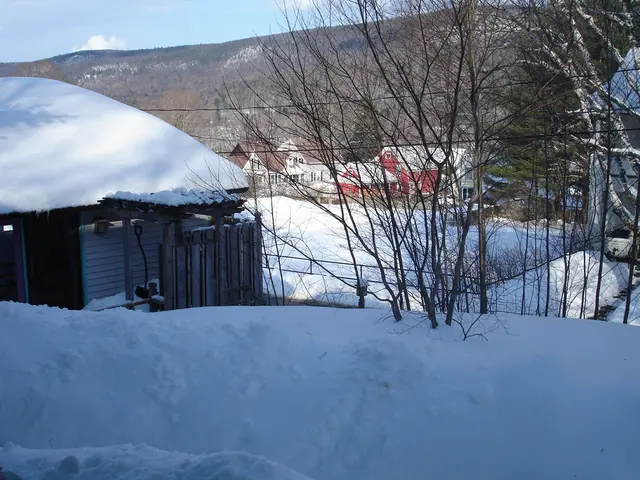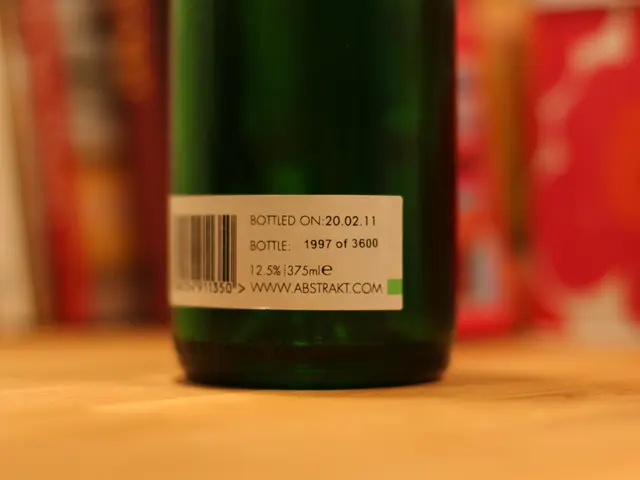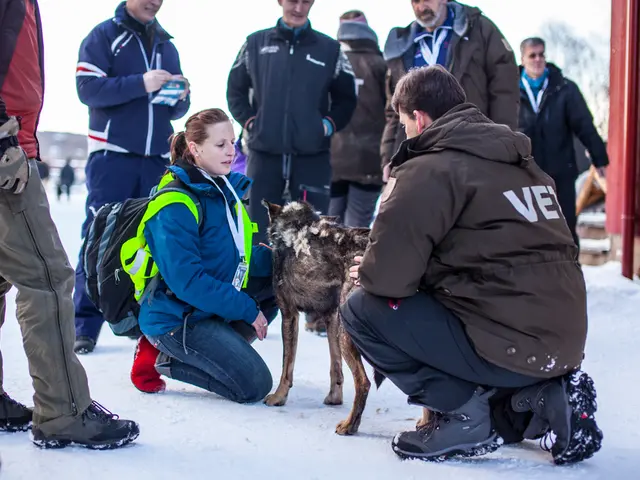Battle for coal industry revival
In a move aimed at diversifying its energy portfolio, Leag Renewables GmbH - a subsidiary specialising in wind and solar energy - has been established as part of Lausitzer Energie AG's separation of lignite and new business segments. However, this restructuring has sparked controversy, with environmental groups expressing concern over the intentions of Lausitzer Energie AG (Leag).
Greenpeace and German Environmental Aid (DUH) have voiced their concerns, suggesting that Leag is aiming to extract profitable pieces from the corporation while avoiding the costs of rehabilitating open-pit coal mines in the Lausitz region. Thoralf Schirmer, a spokesperson for Leag, has refuted these claims, stating that there is no factual basis for the lawsuit by Greenpeace and DUH.
The restructuring plans, if implemented, could potentially shift the financial risks of coal onto the general public, according to Clemens Rostock, Brandenburg's Green Party state chairman. DUH and Greenpeace claim that more than two billion euros in assets would be withdrawn from the part of the company responsible for rehabilitation.
Schirmer, however, maintains that Leag has always insisted on forming the necessary reserves. He also confirmed that the intention is to make Leag's green energy projects more attractive to investors and lenders bound to a coal phase-out policy.
Other future-oriented business areas, such as hydrogen-capable power plants and biomass, are also part of the separation. The courts are to order the Brandenburg State Office for Mining, Geology and Raw Materials and the Saxon Higher Mining Authority to prohibit the restructuring of Leag, following urgent applications filed by German Environmental Aid, with the support of Greenpeace, with the administrative courts in Cottbus and Dresden.
Meanwhile, the future of the open-pit lake in Cottbus remains uncertain. Lola Zeller reported that the water level has dropped again, casting doubt on its potential as a bathing lake in the future.
The costs for Leag, as estimated by Brandenburg's Ministry of Economics in 2017, are three billion euros. However, the Federal Environment Agency has calculated up to ten billion euros as the costs for Leag. The courts are now involved in the proceedings, with Clemens Rostock commenting that it is logical that the judiciary is now involved.
As the restructuring plans unfold, the debate continues over whether Leag is genuinely committed to a green future or if there are ulterior motives at play. The outcome of this controversy will have significant implications for both the environment and the economy of the Lausitz region.
Read also:
- Amidst India's escalating climate crisis, transgender individuals continue to persevere
- Germany's three-month tenure under Merz's administration feels significantly extended
- Norway set to allocate proceeds from sales of tickets for a soccer match against Israel to Médecins Sans Frontières (MSF)
- International city of Windsor preparing for international media attention during Trump's official visit








